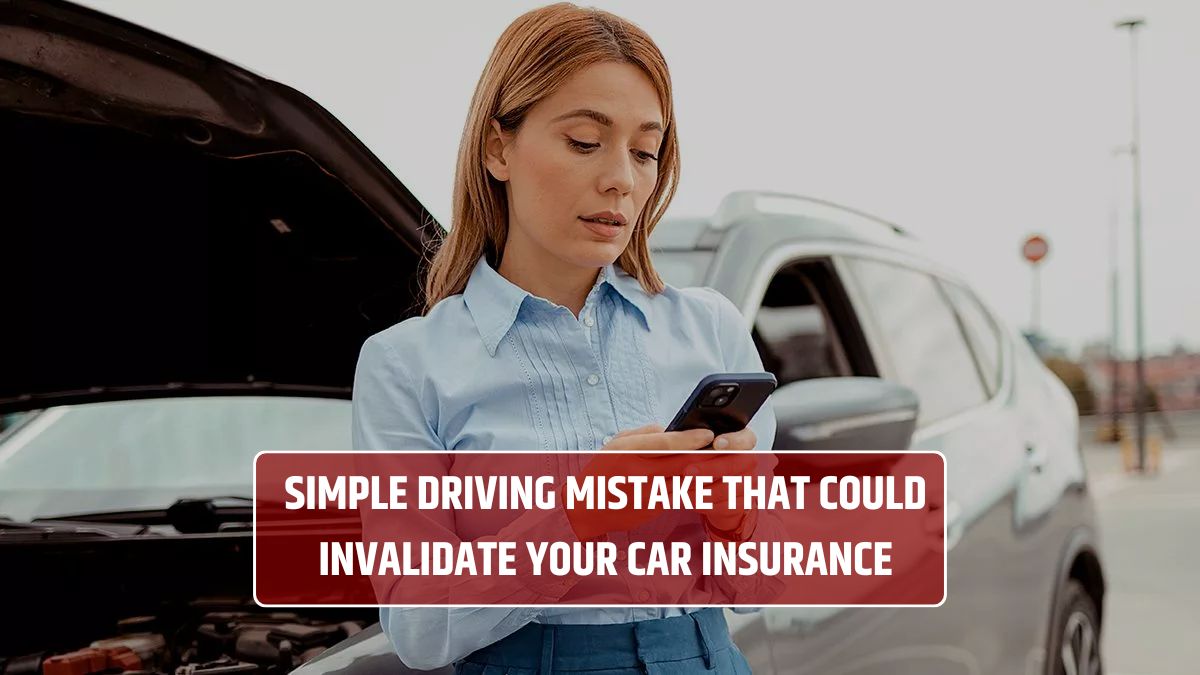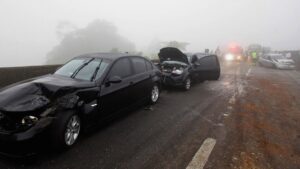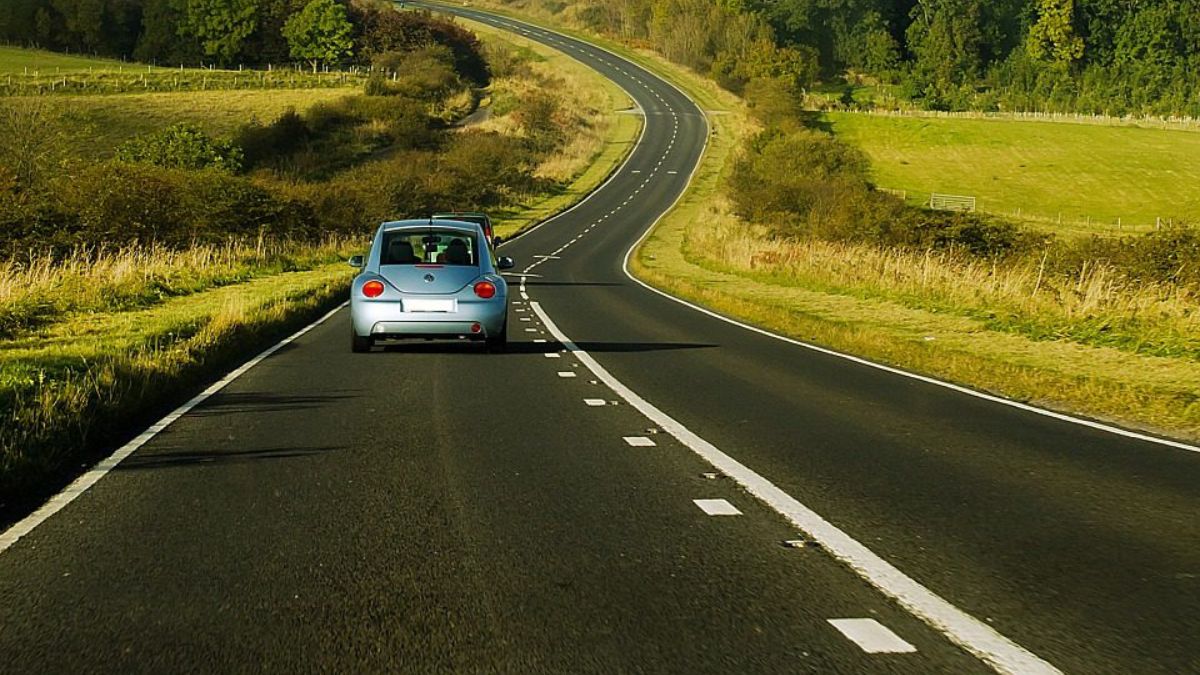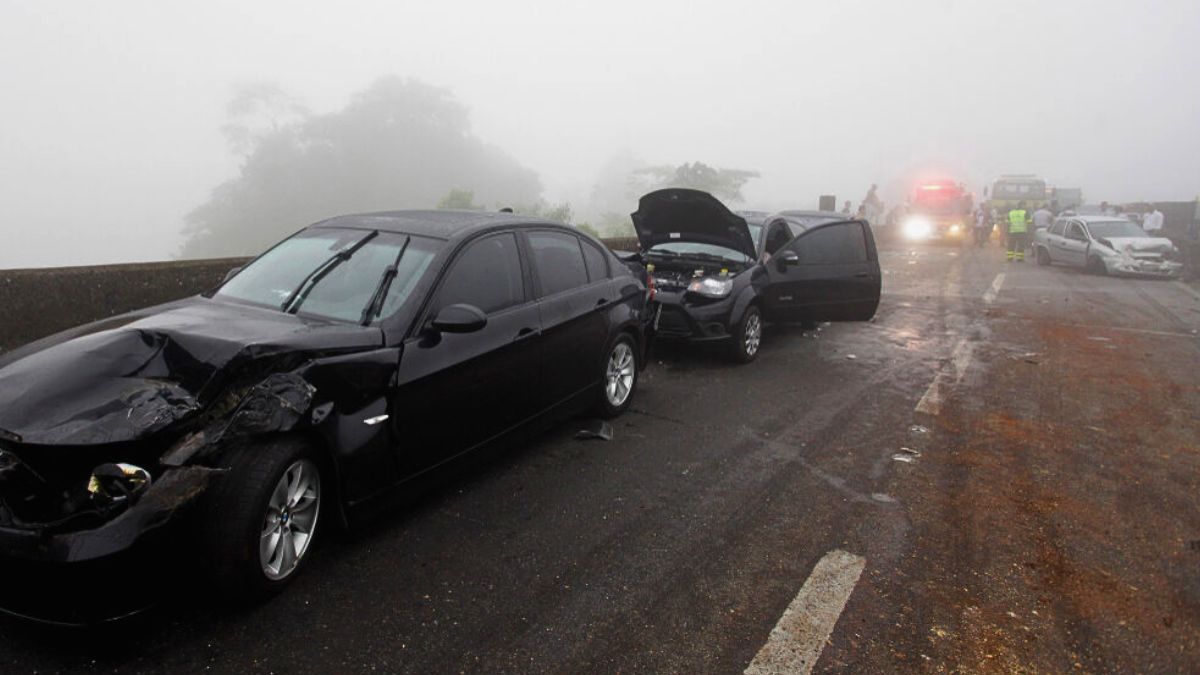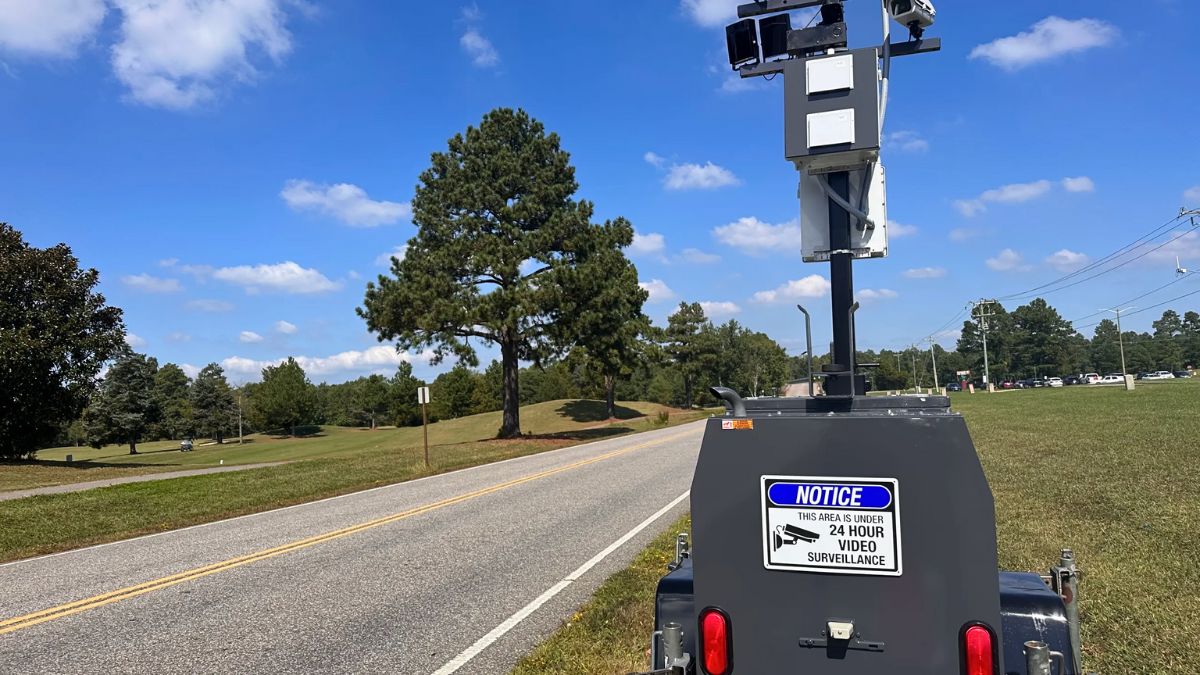We all make mistakes, but some can cost you big—especially when it comes to car insurance. Imagine paying hundreds or even thousands of dollars in premiums, only to have your insurer refuse to cover you after an accident. Sounds like a nightmare, right? Well, there’s one often-overlooked mistake that could lead to exactly that. And it’s something many drivers do without thinking.
Let’s break it down and make sure you’re not setting yourself up for a denied claim.
Misrepresentation
Here it is: lying—or failing to disclose the truth—on your car insurance application or claim. That’s the mistake that can cost you everything.
This includes giving false information about:
- Where your car is parked overnight
- How often you drive
- Who the main driver is
- Your driving history
- Past claims or accidents
Even something that seems small, like listing your car as being parked in a garage when it’s actually on the street, can be used against you in a claim. Why? Because your premium is calculated based on risk—and if you misrepresent that risk, your insurer has grounds to void your coverage.
Exclusions
Most drivers don’t read the fine print, but insurance policies are filled with exclusions—conditions under which your coverage doesn’t apply. Common ones include:
- Driving under the influence (alcohol or drugs)
- Racing or stunt driving
- Using your car for commercial purposes without proper coverage
- Allowing unlisted or excluded drivers behind the wheel
If you’re involved in an accident and your situation falls under one of these exclusions, your insurance won’t pay out. In fact, they might cancel your policy altogether.
Modifications
Thinking about modifying your car? Adding a spoiler, turbocharger, or fancy rims might be fun—but if you don’t notify your insurer, that can void your policy.
Insurers need to know how your vehicle is configured. Modified cars often carry higher risk, either because they encourage fast driving or increase the cost of repairs. If you fail to disclose these changes, your coverage might be invalid when you need it most.
| Modification | Disclosure Needed? | Why It Matters |
|---|---|---|
| Engine Tuning | Yes | Affects performance/risk |
| Paint Job or Wrap | Sometimes | May increase theft risk |
| Suspension/Lowering Kits | Yes | Affects handling/safety |
| Rims/Tires | Yes | Alters driving dynamics |
Unauthorized Use
Another biggie? Letting someone else drive your car who isn’t on your policy—especially if they live with you or use your car regularly.
Insurance companies want to know who’s behind the wheel. If you let your roommate or teenager drive your car often, they need to be listed as drivers. If they get into an accident and weren’t disclosed, your insurer might refuse to pay out.
Same goes for business use. If you’re driving for Uber, DoorDash, or delivering for your job and you don’t have the proper commercial coverage, that accident might not be covered at all.
Non-Payment
Seems obvious, but worth mentioning: if you miss a payment or let your policy lapse, your car isn’t covered. Period.
Some insurers have grace periods, but not all. Don’t assume you’re protected if your payment is late. Always double-check that your policy is active—especially before you hit the road.
That one mistake—failing to tell the truth or keeping your insurer in the dark—can invalidate your car insurance in a heartbeat. The best way to avoid this? Be honest, read the fine print, and update your insurer if anything changes. It takes just a few minutes but could save you thousands in the long run.
FAQs
Can lying on my insurance void my policy?
Yes, providing false info can invalidate your car insurance.
Will modifications void my car insurance?
Yes, if you don’t tell your insurer about them.
What if someone else drives my car?
They must be listed on your policy or it may be void.
Does non-payment cancel my coverage?
Yes, missing payments can cause your policy to lapse.
Can using my car for business void coverage?
Yes, if you lack commercial insurance, claims may be denied.
